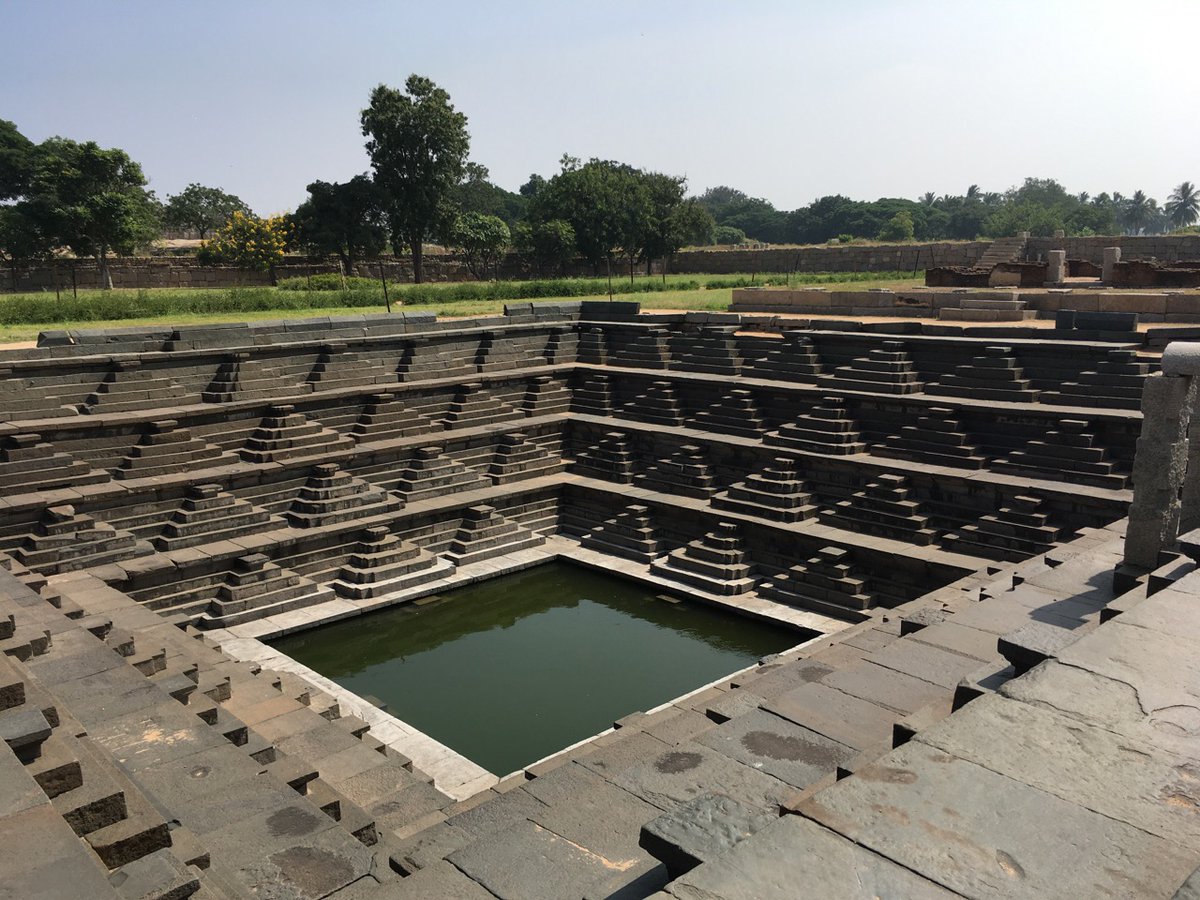
Is this when Americans wake up to #ClimateCrisis? Not likely, says @jeffgoodell in @RollingStone "Evidence of cluelessness and short term greed is everywhere." rollingstone.com/politics/polit…
He's not wrong. I've been on this beat 20 years and I'm not optimistic about humanity's ability to adapt; we have good qualities but we're also short-sighted and greedy. Still. The conversation has changed over my 20 years covering this.
Renewable energy prices have come waaay down. Regular people know the perils of fossil fuels. Some people are even talking about land-use change's 27 percent contribution to our emissions and how to address it. Young people are educated. And pissed.
Hope is fundamental not only for a chance at slowing climate change and making this better, but also for our mental health. We CAN make this much, much better, but it requires a definitive break with business as usual. We can't do this by fiddling around the edges.
• • •
Missing some Tweet in this thread? You can try to
force a refresh




